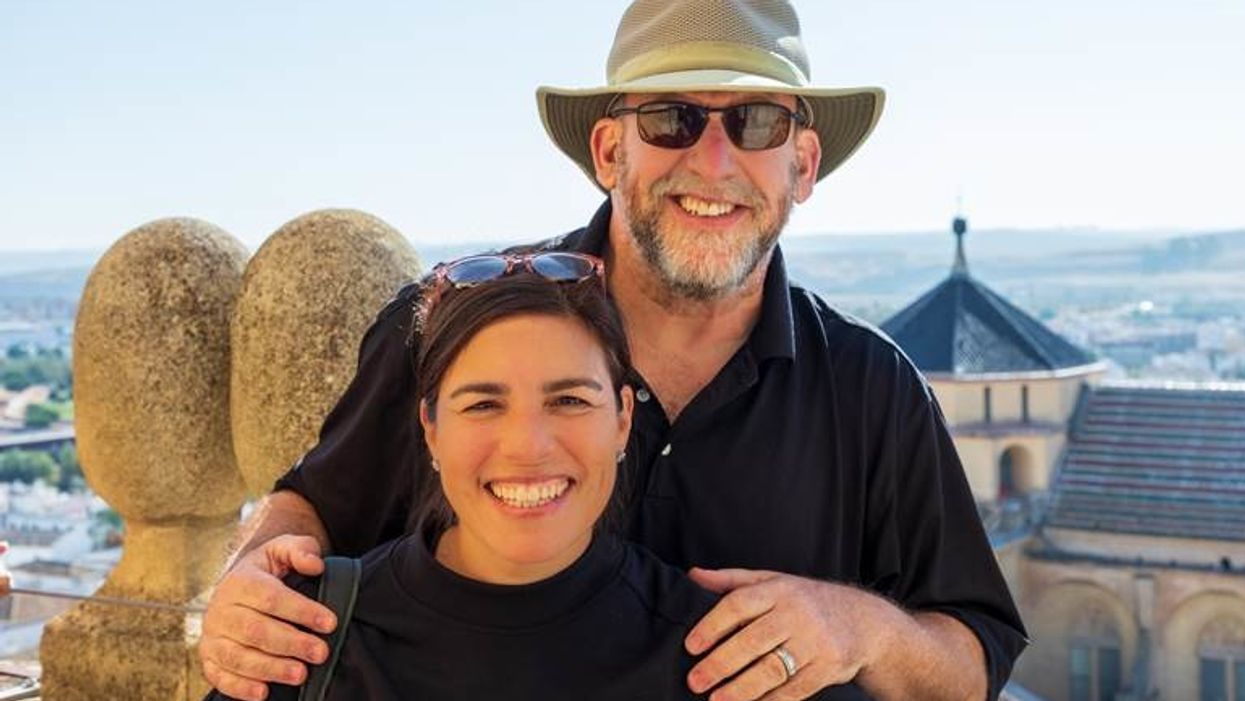Inability to reach consensus has long been at the heart of democracy's dysfunction. For the past decade, Convergence has gained notice for getting people on opposite ideological sides to find agreement on seemingly intractable policy fights. This week, founder Rob Fersh handed the reins to David Eisner, whose bipartisan credentials are hard to top. Before spending six years running Repair the World, the largest Jewish service organization, he created the nonprofit All for Good to support the Obama administration's public service initiative and directed AmeriCorps in the George W. Bush administration. He's also chaired the National Constitution Center and been the executive in charge of AOL Time Warner's philanthropy. His answers have been edited for clarity and length.
What's the tweet-length description of your organization?
Convergence facilitates leaders across sectors and perspectives to overcome the mistrust caused by sharp differences and political polarization, and to collaboratively find new solutions to urgent policy issues, such as education, economic mobility and health care.
Describe your very first civic engagement.
Volunteering was the beginning of my civic engagement. When I was seven, my parents opened our swimming pool to students of a local school for people with cognitive disabilities. I'll never forget the reward I felt from playing host, sharing kindness and even giving swimming instruction to some of those students.
What was your biggest professional triumph?
As head of the agency that oversees AmeriCorps when Hurricane Katrina devastated the Gulf Coast in 2005, I had the privilege of supporting our massive and sustained response in Mississippi and Louisiana. This became a turning point — with many Americans, including lawmakers, beginning to view national service and AmeriCorps as not just nice, but necessary for America. It was also an important step toward building bipartisan support for national service not just in Washington but at the state and local levels.
And your most disappointing setback?
During that time at the Corporation for National and Community Service, I was unable to prevent an important education program, Learn and Serve America, from being eliminated by Congress and the administration. That highlighted a deeper challenge: America doesn't have much national will or capacity for using our education systems to build civic knowledge or service instincts in students. I wish Learn and Serve America could have continued as a beacon illuminating the benefits this work offers.
How does some aspect of your identity influence the way you go about your work?
Jewish values reinforce my commitment to seeing all people, including those with whom I most deeply disagree, as valuable fellow human beings worthy of love and respect. Also, as a Jew, I am inspired by the ancient Talmudic tradition of learning, teaching and discovering truths through debate and questioning.
However, this is a time when voices of color, youth, women, LGBTQ+ people and others are rightly becoming leadership voices. As a white, middle-aged, cis-gender, straight man dedicated to bringing people together across divides, I have to constantly check my biases and bring a good deal of humility to the work.
What's the best advice you've ever been given?
Under-promise and over-deliver.
Create a new flavor for Ben & Jerry's.
Civic Powernut Pecan
What's your favorite political movie or TV show?
I love the political satire of "The Good Place," where the rulers and citizens of Heaven and Hell navigate power, policy, bureaucracy — and how human heroism and frailty inevitably wrecks it all.
What's the last thing you do on your phone at night?
Check to see which of my Amazon orders are scheduled to be delivered tomorrow.
What is your deepest, darkest secret?
My parents have always been mystified about what exactly I do professionally. Also, I'm secretly terrified that my four young adult kids are plotting to leave me just as mystified about their places in the emerging gig economy.




















Trump & Hegseth gave Mark Kelly a huge 2028 gift